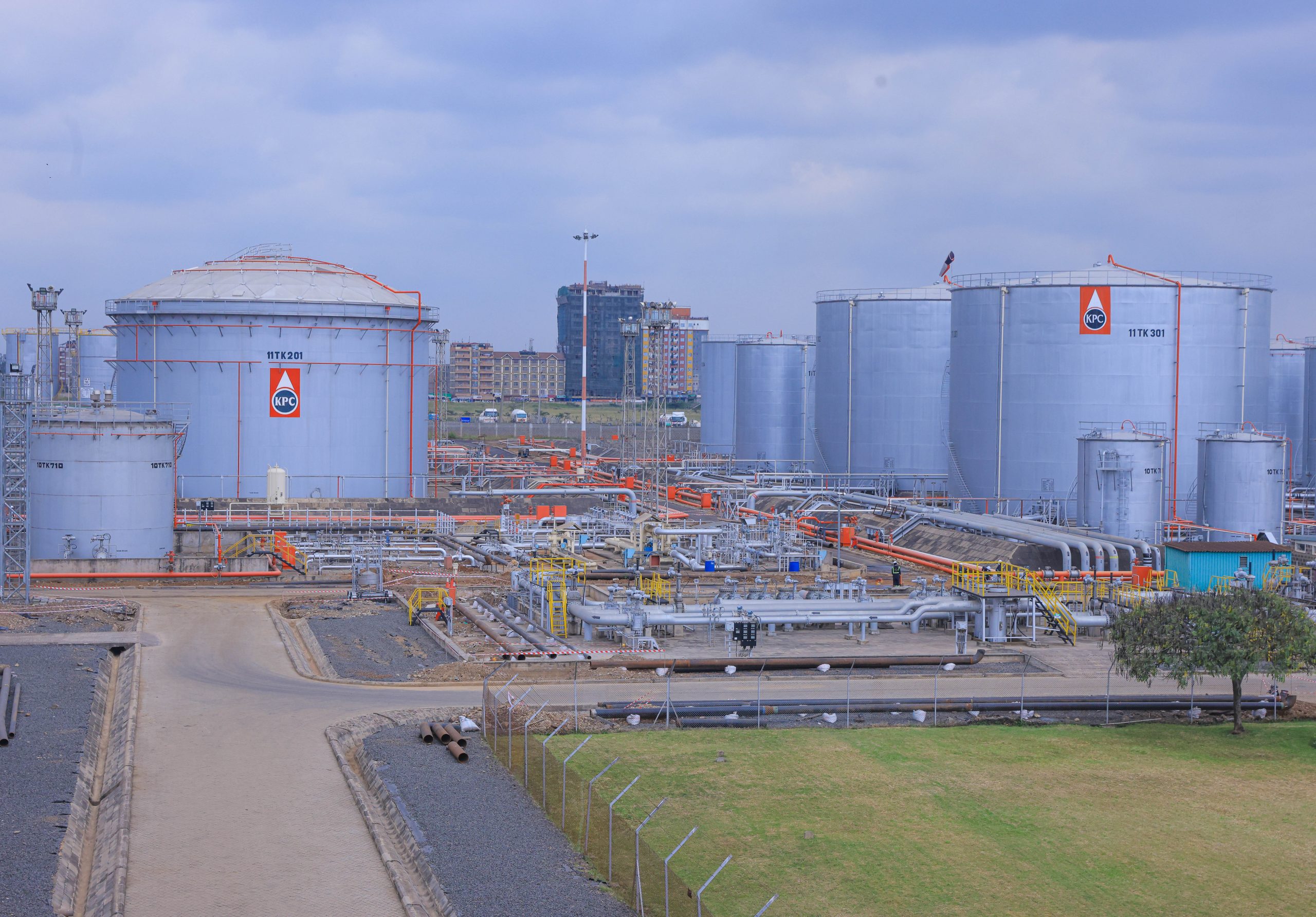

The Privatization Commission has formally issued a notice
announcing the proposed privatization of the Kenya Pipeline Company (KPC)
Limited, marking a significant milestone in the implementation of Kenya’s
Privatization Programme.
The notice, published on Thursday, follows the Cabinet’s approval
of the privatization method, the subsequent tabling of the requisite report
before the National Assembly by the Cabinet Secretary for the National Treasury
and Economic Planning, and the Assembly’s endorsement of the proposal on
October 1, 2025.
In a statement signed by Privatization Commission Chairman
Faisal Abass, the Commission said the notice was issued in line with Section 30
of the Privatization Act, 2005, which mandates the body to give formal notification
of approved transactions.
“Following the approval of the Privatization Method for the
Kenya Pipeline Company (KPC) Limited by the Cabinet, and the approval thereof
by the National Assembly on 1st October 2025, the Privatization Commission
hereby gives notice of the approved transaction,” the notice reads.
The Commission outlined several goals for the proposed sale,
saying the exercise “presents a strategic opportunity to unlock the company’s
full potential while ensuring broad national benefits.”
“The privatization aims to enable the government to raise
funds budgeted for the 2025/2026 financial year required to implement economic
and social objectives,” the notice states.
It further adds that the move will allow ordinary Kenyans to
own a stake in one of the country’s most profitable and strategic enterprises.
“It will empower ordinary Kenyans to own a stake in one of
the country’s profitable and strategic enterprises, promote inclusive economic
growth, and strengthen transparency and corporate governance through stock
exchange listing and regulatory oversight,” the Commission said.
Other objectives include enhancing operational efficiency
and innovation, supporting critical development priorities, and deepening
Kenya’s capital markets.
KPC was incorporated on September 6, 1973, under the
Companies Act (Cap 486) and began operations in 1978.
Its core business is the safe and efficient transport of
petroleum products including Motor Spirit Premium (MSP), Automotive Gas Oil
(AGO), Jet A-1, and Illuminating Kerosene (IK).
The company plays a vital role in ensuring fuel supply to
both the domestic and regional markets, serving Uganda, Rwanda, the Democratic
Republic of Congo, Northern Tanzania, Burundi, and South Sudan.
The firm is currently wholly owned by the Government of
Kenya, with 99.9 percent shareholding held by the National Treasury and 0.1
percent by the Ministry of Energy and Petroleum.
According to the notice, the National Assembly has approved
the privatization of KPC through an Initial Public Offer (IPO) on the Nairobi
Securities Exchange (NSE).
“In compliance with Section 25 (a) of the Privatization Act,
2005, the National Assembly has approved the privatization of Kenya Pipeline
Company Limited through an Initial Public Offer (IPO) of shares on the Nairobi
Securities Exchange,” reads the notice.
The expected closing date for the transaction is March 31,
2026.
Chairman Faisal Abass said the decision underscores
government commitment to efficiency, transparency, and national participation
in strategic enterprises.
“The privatization of KPC balances economic empowerment,
national interest, and institutional modernization in a manner that will
benefit both the public and the economy at large,” Abass said













